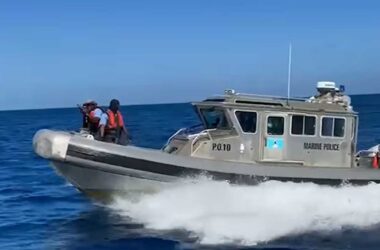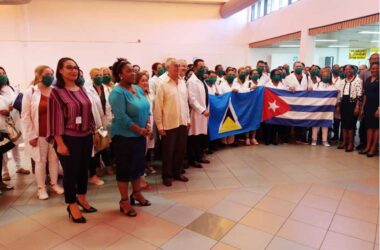INTERNATIONAL Conventions are developed by the United Nations and are usually signed between two or more countries. The specific aim of these Conventions foster international cooperation on the subject being addressed in the instrument. These Conventions may also be referred to as International Instruments. Recommendation 36 of the Financial Action Task Force (FATF) Forty Recommendations examines this subject.
Countries are called upon to take the requisite steps to sign, ratify and implement various conventions, Recommendation 36 identifies specific Conventions such as, The Vienna Convention, 1988: the Palermo Convention, 2000; Terrorist Financing Convention, 1999 and the United Nations Convention against Corruption, 2003 that Countries should ratify and implement.
The Vienna Convention, addresses the trafficking of narcotic drugs and psychotropic substances. The Palermo Convention, is a convention against crimes which are organized across national borders by individuals seeking to execute illicit business ventures. The Terrorist Financing Convention, is geared towards preventing the financing of terrorism, as well as suppress acts of terrorism through the prosecution and punishment of perpetrators. The United Nations Convention against Corruption is a global anti-corruption instrument. It covers various forms of corruption such as bribery and abuse of functions.
Countries are required not only to sign these instruments, but also to enact them into local legislation, thereby ensuring that offenders can be prosecuted and punished for these crimes.
During a mutual evaluation, the Caribbean Financial Action Task Force (CFATF) verifies whether these conventions have been signed and adopted into local legislation by a country. It would also assess how the country utilizes these conventions in international cooperation. Their findings will lead them to assign a rating to this recommendation, indicating how efficiently the country is implementing this recommendation.
More information on the FATF Forty Recommendations can be found on the Caribbean Financial Action Task Force (CFATF) website at https://www.cfatf-gafic.org.
Additional articles and educational material can also be found on the Attorney General’s Chambers website at attorneygeneralchambers.com or our Facebook page.
Editor’s note: The preceding is Part 40 of a series by The Attorney General’s Chambers and the National Anti-Money Laundering Oversight Committee (NAMLOC) which aims to shed light on the 40 recommendations of the Financial Action Task Force.







![Amy Stephen [Photo credit: Community Tourism Agency]](https://thevoiceslu.com/wp-content/uploads/2026/01/Amy-Stephen-feat-380x250.jpg)





